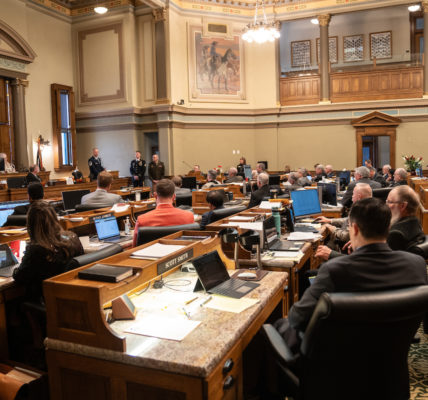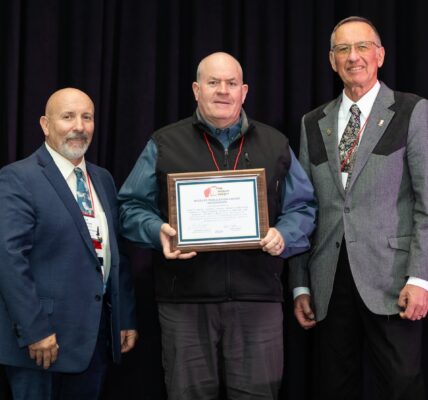
By Nicole Pollack
Casper Star-Tribune
Via- Wyoming News Exchange
CASPER – Sens. Cynthia Lummis and John Barrasso both backed successful legislation Thursday to block railroad unions from striking over a longstanding contract dispute.
At the same time, the Wyoming Republicans opposed an attempt to grant seven days of paid sick leave to the workers. That vote ultimately failed.
The votes came after Lummis sent a letter to Senate Republicans urging them to stop the unions from striking. The letter, which was co-authored by Sen. Kevin Cramer, R-ND, recommended that policymakers impose a deal that was negotiated in September by railroad and union leaders but later rejected by four unions.
“The ramifications of Congress failing to act would be swift and significant,” the letter said, pointing to an estimate from the Association of American Railroads that a nationwide strike could cost the country $2 billion per day and drive up inflation.
A railroad shutdown could hamstring several core Wyoming industries, including coal, trona and grain, posing a threat to the state economy and creating uncertainty for both workers and consumers ahead of the holidays.
One of the two major unions involved in the bargaining process narrowly voted down the agreement earlier this month, due in large part to the limited changes it would’ve made to railroads’ strict time off policies.
Without intervention, that union could strike as soon as Dec. 9.
“While this position is undesirable, Congress must act,” the letter said. “Implementing an agreement that roughly half of the unionized workers support, along with all their leadership, is the most responsible path forward.”
The House of Representatives earlier passed a bill to block the strike.
The House also voted 221- 207 to impose seven paid sick days for rail workers, with 218 Democrats and three Republicans in favor.
Lummis and Cramer advised Republican lawmakers to steer clear of expanding workers’ paid sick leave without the railroads’ backing.
“In addition to the difficult precedent that voting for measures beyond the Tentative Agreements would set,” the letter said, “it would also impose a significant new mandate on the railroads. Additional sick days would result in millions of dollars in expenditures for these companies. We do not believe it is appropriate for Congress to add millions of dollars in benefits to this deal without a comprehensive understanding of the financial ramifications that would cause.”
The proposal has also received a mixed response from rail workers.
“It is an improvement,” a Union Pacific employee, who was granted anonymity to avoid the possibility of retaliation, said in a message to the Star-Tribune.
“Being a separate bill won’t change the outcome of the contract itself,” the employee added. “They are still making our decision for us, rendering our votes null and void, which doesn’t make me happy either way.”





